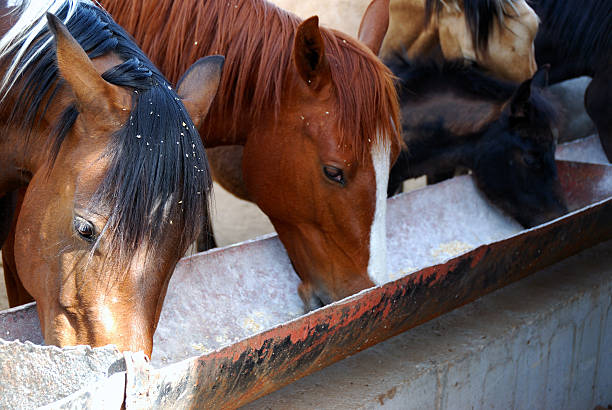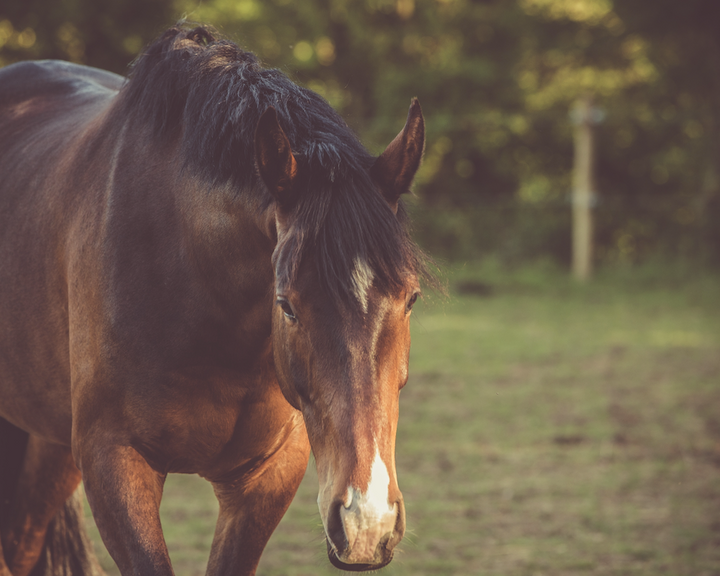Published: November 2020 | Updated: May 2024 Key Takeaways: Feeding practices and stress are the...
6 functional ingredients in performance horse nutrition
Now that we’ve discussed the primary building blocks of the equine diet, which includes fats, carbohydrates, protein, vitamins, and minerals, it’s time to talk about some of those extra ingredients...
The big 3 of performance horse nutrition
Feeding horses can be a constant balancing act since nutrient requirements change depending on the horse’s age, level of exercise, metabolism, as well as several other factors. Chances are no...
How to feed a horse (the right way!)
Key Takeaways: Forage should be the basis of every equine diet; horses require at least 1% of their body weight (BW) in hay everyday. Concentrate meals should not exceed 0.5%...
How does the horse digestive system work?
Horses are like magical unicorns, and no, not because of their majestic movement and beauty. Horses have a very special digestive system that differs from most other animals on the...
Does My Horse Need Electrolytes?
Electrolytes are common and we hear about them frequently (especially in the summer!), but what are they really? Briefly, electrolytes are minerals in the body which help maintain fluid balance...
Bran Mash for Horses: Friend or Foe?
I can remember as a kid making a large batch of bran mash filled with carrots and apples for the horses during the barn Christmas party so they could celebrate...






